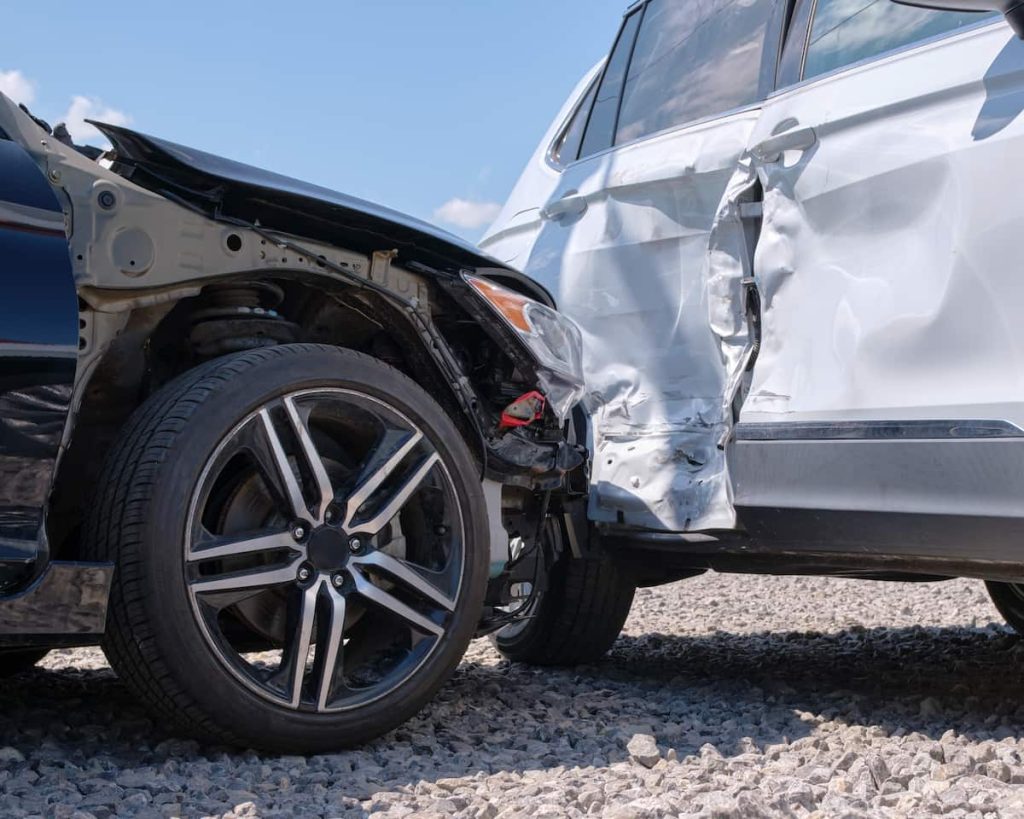What to Do After a Car Accident Not Your Fault?
Being involved in a car accident can be disorienting and stressful, especially when it wasn’t your fault. Taking appropriate steps ensures your safety and strengthens your position when dealing with insurance claims or potential legal matters. Here’s a step-by-step guide:
1. Prioritize Safety
- Check on Everyone: Ensure you, your passengers, and other involved parties are okay before assessing the damage. If there are any injuries, call 911 immediately.
- Move to Safety: If possible, move your vehicle out of the traffic flow. Use hazard lights to alert other drivers.
2. Contact Law Enforcement
- Always report the accident to the police. They will document the scene and generate an official report, which can be invaluable when proving the accident wasn’t your fault.

3. Gather Essential Information
- Collect details from all parties involved:
- Full name and contact details
- Insurance information
- Driver’s license and license plate numbers
- Vehicle make, model, and color
- Accident location
4. Document Everything
- Photos: Take clear photos of the damage to all vehicles, the entire scene, any injuries, and traffic signs or signals.
- Witnesses: Secure contact details of anyone who witnessed the accident. Their account may help validate your claim that the accident wasn’t your fault.
5. Avoid Unnecessary Statements
- While it’s important to cooperate with law enforcement and other parties, refrain from making statements that might inadvertently admit responsibility or diminish your claim.
6. Notify Your Insurance Company
- Inform your insurance company about the accident immediately, even if it wasn’t your fault. They can guide you on what to expect next and how to navigate the claims process.
7. Seek Medical Attention
- It’s crucial to see a doctor, even if you think you’re uninjured. Some injuries can have delayed symptoms. A medical record of the accident can also be essential for any claims.
8. Retain All Documentation
- Organize and store all accident-related documents. This includes medical bills, repair estimates, police reports, and correspondence with insurance providers.
9. Consult with a Lawyer
- Consider speaking with a car accident lawyer wildly when the fault is disputed or injuries are involved. A lawyer can guide you through the complexities of the situation.
10. Stay Calm and Patient
- Claims and legal proceedings can take time. Stay calm and patient, ensuring you act in your best interests at every step.
Conclusion
An accident that wasn’t your fault can still have profound implications on your life. While it’s natural to feel frustrated or overwhelmed, taking deliberate, informed actions will aid in your recovery and in securing any compensation you’re entitled to. Remember, we’re here to support you every step of the way with free consultations.